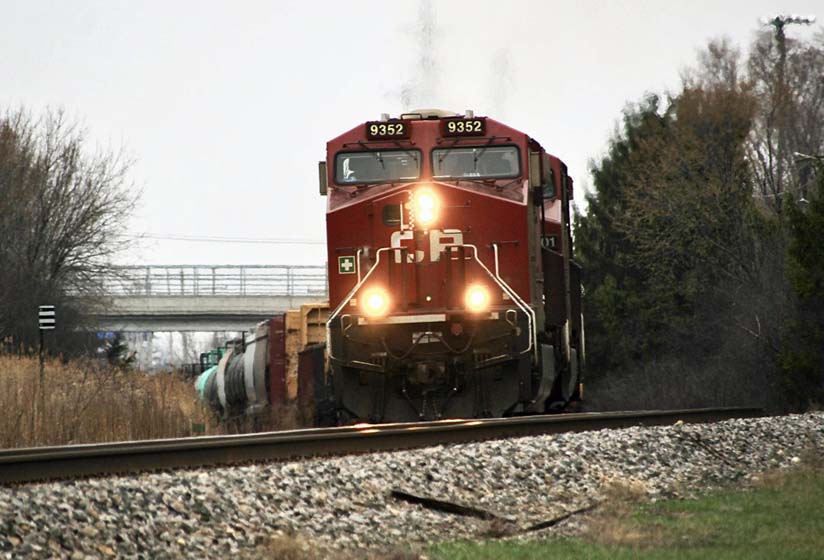
America
Washington District of Columbia USA - Union Pacific (UP) has urged federal regulators to reject the Canadian Pacific-Kansas City Southern
(CPKC) merger application, arguing that it doesn't contain enough market or operational data to meet requirements.
UP, in a filing with the Surface Transportation Board (STB) late Friday, said CP took shortcuts in its rush to file the application after its four-month battle
with Canadian National (CN) to become KCS's merger partner.
As a result, UP says CP and KCS improperly left 360,000 carloads, or roughly a third of potentially divertable traffic, out of their market analysis, which in
turn contributed to a flawed operating plan for the combined railroad.
UP also said the application is thin on data covering cross-border traffic through the Laredo, Texas, gateway, as well as the impact of traffic changes on
Amtrak and Metra service in the Chicago area, and freight service on shared trackage in St. Paul and Houston.
The operational plan is "superficial," UP says, and boasts that CPKC will help alleviate congestion in Chicago.
"However, the Operating Plan shows the proposed transaction will actually increase the amount of rail traffic moving through Chicago," UP
wrote.
"Indeed, some of the traffic Applicants plan to move through Chicago would be the result from diversions of traffic that Union Pacific currently
interchanges with eastern railroads outside Chicago."
UP argues that the STB must reject the application as incomplete and order CP and KCS to refile more detailed paperwork that also includes a service assurance
plan.
CP, in a filing today, says its 4,342 page merger application is complete, and that UP is merely trying to "delay the injection of new competition that
UP will face if the transaction is approved."
CPKC will divert more traffic from UP than any other railroad, according to its merger application.
CP said the carloads left out of the diversion analysis were loads a combined CPKC system could not capture, such as traffic moving to points CPKC does not
serve, or where CPKC's route would be too roundabout, such as single-line moves from KCS at East St. Louis to points CP reaches in Pennsylvania or New Jersey
via haulage rights.
CP said the merger application extensively documents the impact on cross-border traffic.
"The impact on competition will be positive, the impact on competitors may not be," CP noted.
"It may require UP to offer rate reductions, improve its service levels, or otherwise work harder to retain the traffic. UP expresses dismay that CPKC
might dare to compete against UP single-line routes for U.S.-Mexico automotive traffic despite a disadvantage in route miles," CP wrote.
"UP claims to want an explanation for how CPKC expects to win these moves. As the Application explains, however, single-line routes often garner
significant shares notwithstanding route mileage disadvantages relative to other rail options."
CP also defended its operating plan, saying it addresses all of the issues UP raises.
"The Application is not incomplete just because it does not present the operational data in the exact form and scope advocated by UP," CP
says.
Bill Stephens.
(there was no image with original article)
(usually because it's been seen before)
provisions in Section 29 of the Canadian
Copyright Modernization Act.
